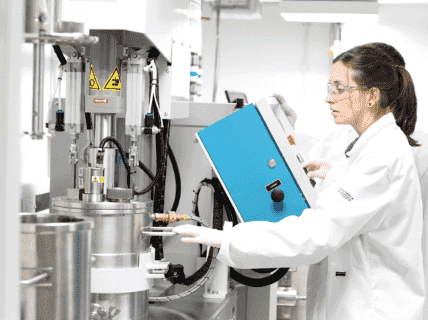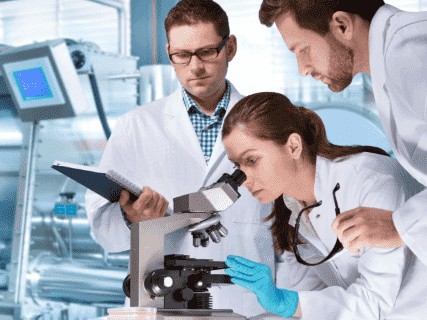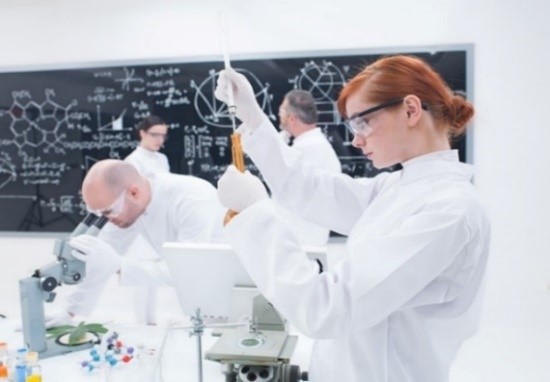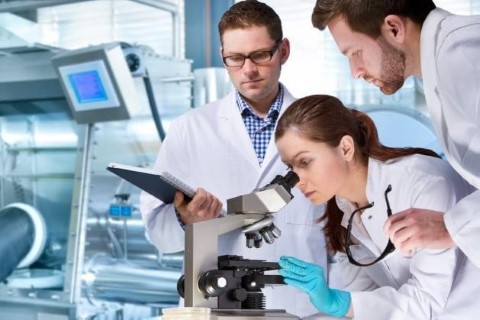COURSE OVERVIEW
LE0168 : Offline Lab Analyzers Maintenance & Design

OVERVIEW
| COURSE TITLE | : | LE0168 : Offline Lab Analyzers Maintenance & Design |
| COURSE DATE | : | Nov 17 - Nov 21 2025 |
| DURATION | : | 5 Days |
| INSTRUCTOR | : | Dr. Yousef Al-Mashni |
| VENUE | : | Abu Dhabi, UAE |
| COURSE FEE | : | $ 5500 |
Course Description
TRAINING METHODOLOGY
This interactive training course includes the following training methodologies:
LecturesPractical Workshops & Work Presentations
Hands-on Practical Exercises & Case Studies
Simulators (Hardware & Software) & Videos
In an unlikely event, the course instructor may modify the above training methodology for technical reasons.
VIRTUAL TRAINING (IF APPLICABLE)
If this course is delivered online as a Virtual Training, the following limitations will be applicable:
| Certificates | : | Only soft copy certificates will be issued |
| Training Materials | : | Only soft copy materials will be issued |
| Training Methodology | : | 80% theory, 20% practical |
| Training Program | : | 4 hours per day, from 09:30 to 13:30 |
RELATED COURSES

LE0115 : Modern Analytical Laboratory Management Operations Analytical Instrumentation Equipment Safety and Quality ISO 17025
- Date: Mar 29 - Apr 02 / 3 Days
- Location: Al Khobar, KSA
- Course Details Register

LE0290 : Advanced GLP: Uncertainty Measurement, Data Validation, Method Validation & Statistical Process Control (SPC) in Analytical Laboratory According to ISO 17025
- Date: Mar 29 - Apr 02 / 3 Days
- Location: Dubai, UAE
- Course Details Register

LE0115 : Modern Analytical Laboratory Management Operations Analytical Instrumentation Equipment Safety and Quality ISO 17025
- Date: Mar 29 - Apr 02 / 3 Days
- Location: Al Khobar, KSA
- Course Details Register

LE0060 : Practical Problem Solving in Chemical Analysis
- Date: Mar 29 - Apr 02 / 3 Days
- Location: Dubai, UAE
- Course Details Register
